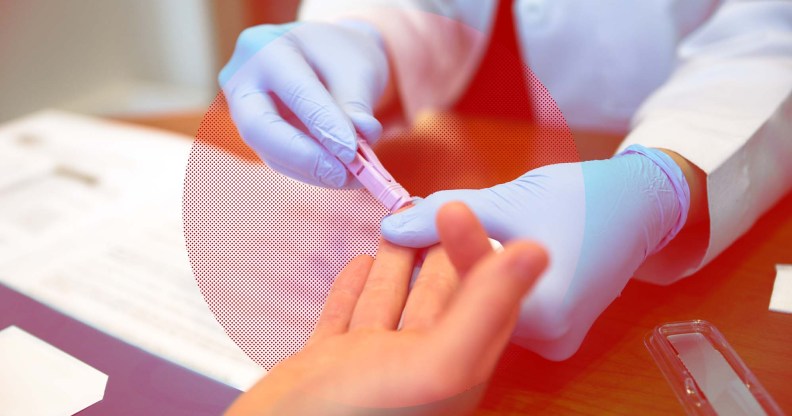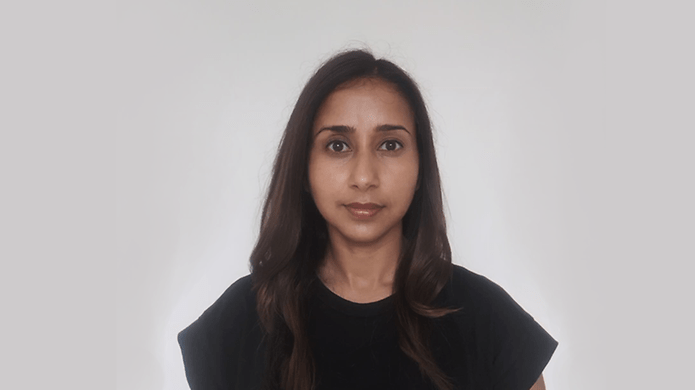GP warns you may still have an STI even after negative test result

A person takes a blood sample for a HIV test. (Getty)
A GP has revealed how people might still have a sexually transmitted infection (STI), even after receiving a negative test result.
Dr Bhavini Shah, from the LloydsPharmacy Online Doctor, has offered an insight into STI testing, following a survey showing that most people in the UK are unaware of how to ensure a more-accurate result.
Many STIs, including the most common, chlamydia, don’t present with symptoms in their early stages and different infections have different “window periods”, the time between exposure and when a test can detect an infection.
In a survey, LloydsPharmacy asked 500 Brits how long they thought was necessary to wait to get an accurate test result for different STIs.

66 per cent of respondents were unaware of “testing windows”, while 62 per cent admitted they didn’t know testing too early could lead to an inaccurate result. In addition, 35 per cent thought they could get tested immediately after exposure, while 12 per cent revealed they had received a false-positive result.
When testing for chlamydia and gonorrhoea, it’s important to wait 14 days after possible exposure, Dr Shah said.
The wait period is longer to test for HIV, despite 32 per cent of people surveyed thinking they could rely on a test result just a few days after possible exposure. In fact, Shah pointed out, some people should wait as long as 90 days. However, more advanced tests can be done as soon as 45 days after exposure.
The waiting time for accurate results for possible syphilis infections is 12 weeks – something 87 per cent of people didn’t know, thinking it was just a fortnight.
Testing too early might not pick up the infection
“If you get a test too early, it may not pick up the infection, which means you run the risk of getting a misleading result,” Dr Shah warned. “To avoid this, you shouldn’t use an STI test without speaking to a doctor or nurse first, as they’ll be able to advise you on the best time to get tested.
“There are some circumstances where you might be advised to take more than one test. If you think you’ve been exposed to HIV, for instance, you might be told to get a test as soon as possible, followed by another to confirm the first result a few weeks or months later.”
It’s important to visit a sexual-health clinic if you have symptoms, she added.
LloydsPharmacy Online Doctors offer home STI-testing kits for chlamydia, gonorrhoea and HIV. Find out more at onlinedoctor.lloydspharmacy.com/uk/sti-tests.
Share your thoughts! Let us know in the comments below, and remember to keep the conversation respectful.
How did this story make you feel?

